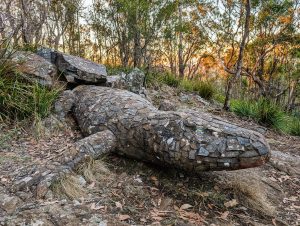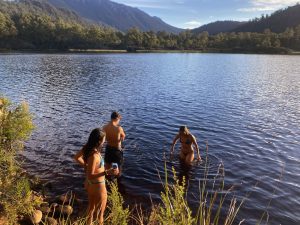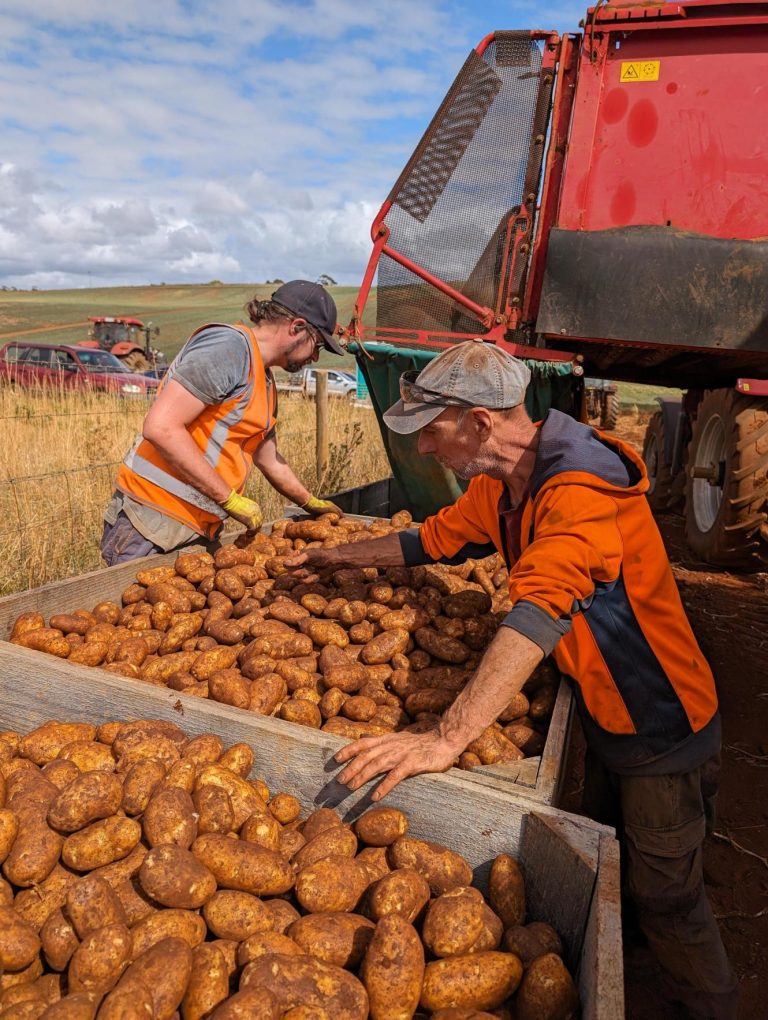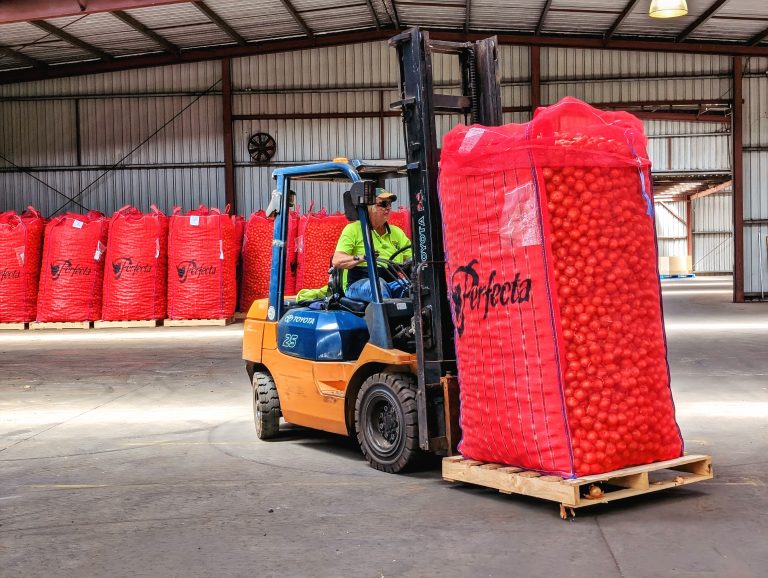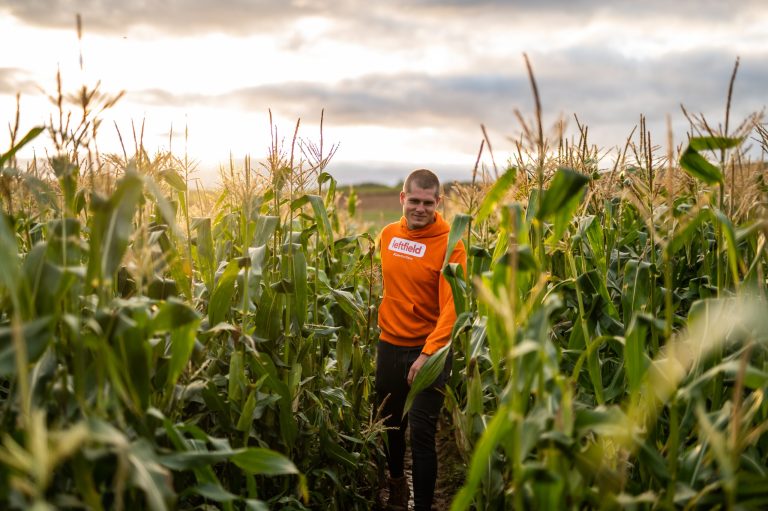In the enchanting landscapes of Tasmania, a silent narrative unfolds — one of backpackers caught in a relentless race against time to complete their 88-day work requirement. This race, often glamorised, overlooks the profound risks of overwork, risks that extend far beyond fatigue and into the realms of safety and well-being. It’s time to challenge this narrative and pave a new path.
The Lure and the Trap
The temptation to quickly complete the 88-day work requirement is a siren call for many. It’s a plan seemingly full of promise — finish work, then enjoy endless exploration. However, this mindset breeds a culture of overworking, often glorified, seldom questioned.
The Unseen Adversary: Fatigue and Its Perils
Fatigue, the insidious by product of overwork, presents significant dangers in farm environments. It leads to decreased alertness, impaired judgment, and slower reaction times – all of which exponentially increase the risk of accidents.
The Culture of Overwork: More Than Just Hours
Overwork isn’t just about long hours; it’s a culture that subtly infiltrates our values and beliefs. It’s the unspoken rule that more is always better, that pushing yourself to the limit is the hallmark of commitment and success. But at what cost? The backpacker’s journey in Tasmania becomes a lens through which we examine this pervasive culture. It’s a narrative that’s too familiar yet rarely questioned.
The Story of Jono: A Gritty Reality

John, an enthusiastic backpacker from England, arrived with dreams and a strategy: work relentlessly, tick off the days, then bask in the freedom of travel. He secured a job on a Tasmanian farm, ready to embrace the grind.
Early Days of Zeal: John’s initial weeks were marked by a flurry of hard work. Long hours were badges of honour, symbols of his dedication to the cause.
The Downward Spiral: But as time wore on, the sheen faded. Jono’s energy waned, his enthusiasm turned to exhaustion, and his mental health began to fray at the edges. The dream of exploration was overshadowed by a relentless work schedule. He was trapped in a cycle of overwork, too drained to question it.
A Moment of Truth: It hit him one evening — he hadn’t seen anything beyond the farm. His social life was a series of tired nods to equally weary workers. The promise of adventure had become a monotonous march of labour.
Sara’s Story: The Road Less Travelled

Contrastingly, Sara from Canada charted a different course. She chose balance, mindful of the dangers of overwork.
Exploration and Engagement: Her after-work hours were adventures — immersing in local culture, connecting with nature, and building friendships. Her work was a part of the journey, not the entirety of it.
Creating Richer Experiences: Sara’s approach was more than a strategy; it was a statement against the glorification of overwork. Her experiences in Tasmania were defined by diversity and depth, not just by the ticking of a clock.
The Dangers of Overworking
Physical and Mental Health Risks: Scientific research has repeatedly shown that excessive work hours can lead to serious health issues, including chronic fatigue, stress, depression, and even heart disease. Overworking can also diminish your immune system, making you more susceptible to illnesses.
Charting a New Course: Our Commitment to Safety and Well-being
In response to this industry-wide issue, Left Field has adopted a new approach — one that prioritises the safety and well-being of not only its backpackers, but also the other 50% of their workforce, local workers. This approach is about more than just meeting minimum requirements; it’s about ensuring a fulfilling, safe, and balanced experience.
Pioneering Change: Leading with Welfare and Support
A key element of this new approach includes the presence of Welfare Officers on the ground. These dedicated individuals are tasked with ensuring the happiness and safety of workers, providing a support system that is sorely lacking in many farm environments.
Daily Check-Ins and 24/7 Support
After each shift, daily check-ins are conducted to monitor the well-being of each worker. Additionally, support staff are available around the clock, providing an essential safety net for workers in need of assistance or facing challenges.
Fostering Community: Social Gatherings and Open Conversations
Regular social get-togethers are organised, not just for recreation but to create opportunities for open conversations. These gatherings are vital for building a sense of community and trust, allowing workers to share their experiences and concerns in a supportive environment.
A Personalised Approach: Matching Workers with Suitable Environments
Understanding each worker’s strengths, preferences, and personalities is crucial. By getting to know our employees, we can place them in farm environments where they are most likely to thrive, ensuring job satisfaction and safety.
The Risks of Overwork: A Broader Industry Issue
The culture of overwork is not just a problem for individual farms; it’s a systemic issue in the backpacker and local labour market. It demands a collective rethinking of work practices and a shift towards more humane and sustainable models.
Advocating for Change: Raising Awareness and Setting Standards
Our approach goes beyond our operations; it’s about raising awareness and setting new standards in the industry. It’s a call to action for other companies and farms to prioritise the welfare of their workers.
A New Era of Responsible Travel
As the Tasmanian landscape whispers its ancient tales, it beckons us to write a new chapter — one where the health, safety, and well-being of every backpacker are held in the highest regard. It’s about transforming the 88-day requirement from a race against time into a journey of meaningful work and enriching experiences. Let’s lead the way in creating a responsible, sustainable, and humane approach to labour on farms.



*Legal and Safety Aspects
Understanding the Law: It’s crucial to be aware of the legal aspects of work hours. Overworking can lead to violations of labour laws and can put your safety at risk, especially in physically demanding jobs.
Safety First: Fatigue can lead to accidents and injuries. It’s not just about meeting visa requirements; it’s about doing so safely and responsibly.


